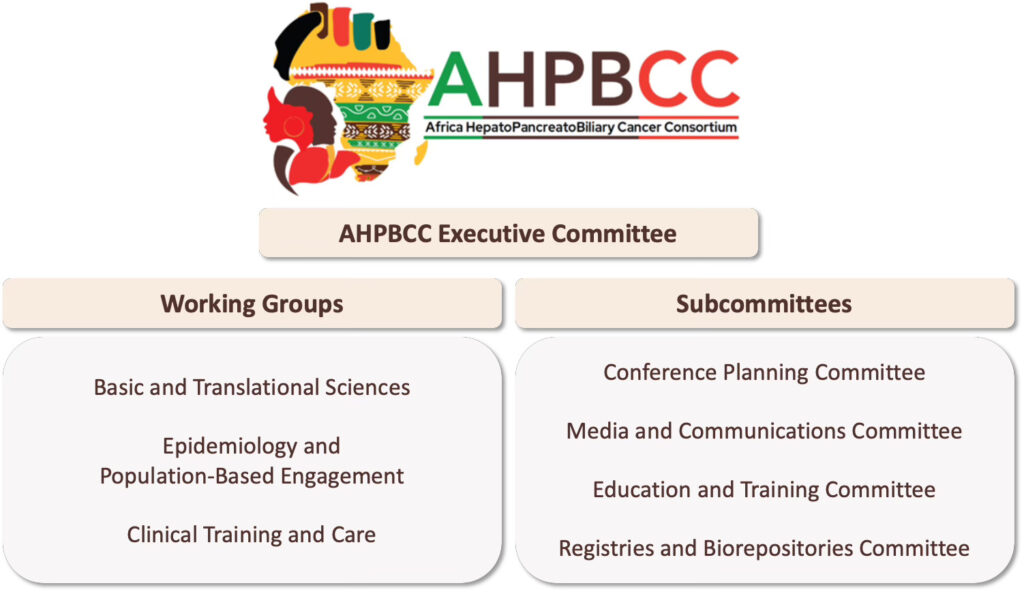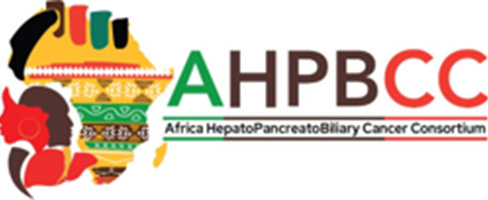About Us
Background
In 2020, the Africa HepatoPancreatoBiliary Cancer Consortium (AHPBCC) was organized to harness resources and expertise across the African Continent, the United States, and Europe to investigate the influences of lifestyle, environment, viral and host biological factors on the development of HPB cancers. Today the Consortium has more than 200 clinicians and research investigators who inform new strategies for risk prevention, early detection, and improved survival of patients with these cancers.
To expand the overall knowledge of HPB cancers, the Consortium members present an Annual Conference. This forum provides a framework for discussion, development, and pursuit of new research directions, fosters collaborations among the academic, medical, and scientific communities, and supports the development of early career physicians and clinicians.
The AHPBCC is a program administered by the WAILD Foundation Inc., a 501c3 organization registered in the United States and Ghana. The Foundation has secured a 3-year grant from the US National Institutes of Health to support the 2022, 2023 and 2024 AHPBCC Conference activities.

Projects of Interest
Basic and Translational Sciences:
- Host Tumor Biology and Survival Outcomes
- Viral Genotype and Genetic Variation in HPB Cancers
- Host Genetic Variation
- Biospecimen Repositories and Clinical Data Registries
Epidemiology and Population-Based Engagement:
- Known and Emerging Risk Factors
- Gene-Environment Interactions
- Patient Advocacy
- Prevention and Awareness Campaigns
Clinical Care:
- Guidelines for Diagnosis and Management of HPB Cancers
- Advanced Endoscopy, Surgical Skills, Pathology, and Radiology Training
- Liver Transplant Program Establishment
Ahpbcc Working Group Objectives
- Propel the conference momentum through continuous collaboration, communication, and capacity-building activities throughout the year
- Build a skilled and sustainable workforce by providing training, mentorship, and resources for early-career investigators and clinicians
- Increase clinical skills, community engagement, research capacity, and knowledge transfer among members
- Establish a sustainable collaborative research pipeline that supports the development of HPB cancer research from early discovery to implementation across Africa
